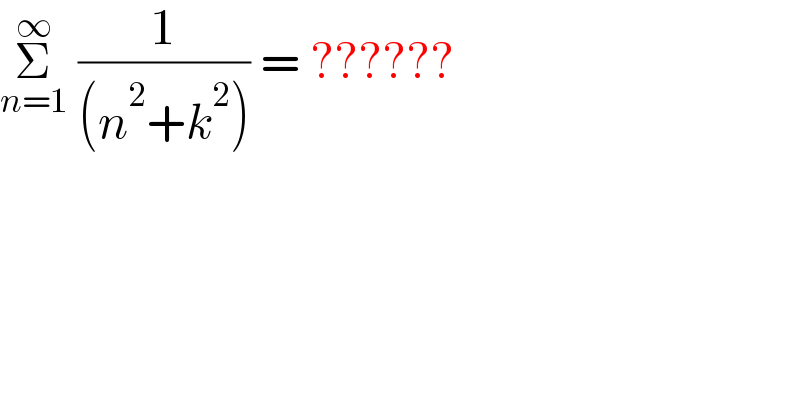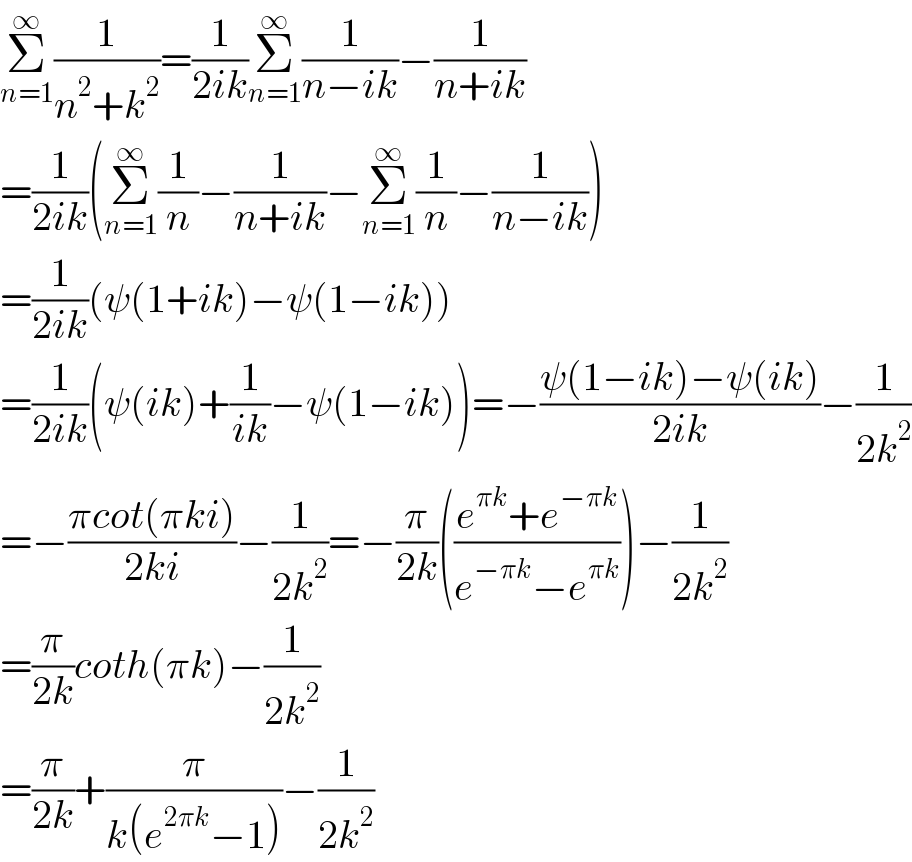
Question and Answers Forum
Question Number 128806 by LUFFY last updated on 10/Jan/21

Answered by Dwaipayan Shikari last updated on 10/Jan/21

Answered by Olaf last updated on 10/Jan/21

Commented by Dwaipayan Shikari last updated on 10/Jan/21

| ||
Question and Answers Forum | ||
Question Number 128806 by LUFFY last updated on 10/Jan/21 | ||
 | ||
Answered by Dwaipayan Shikari last updated on 10/Jan/21 | ||
 | ||
| ||
Answered by Olaf last updated on 10/Jan/21 | ||
 | ||
| ||
Commented by Dwaipayan Shikari last updated on 10/Jan/21 | ||
 | ||